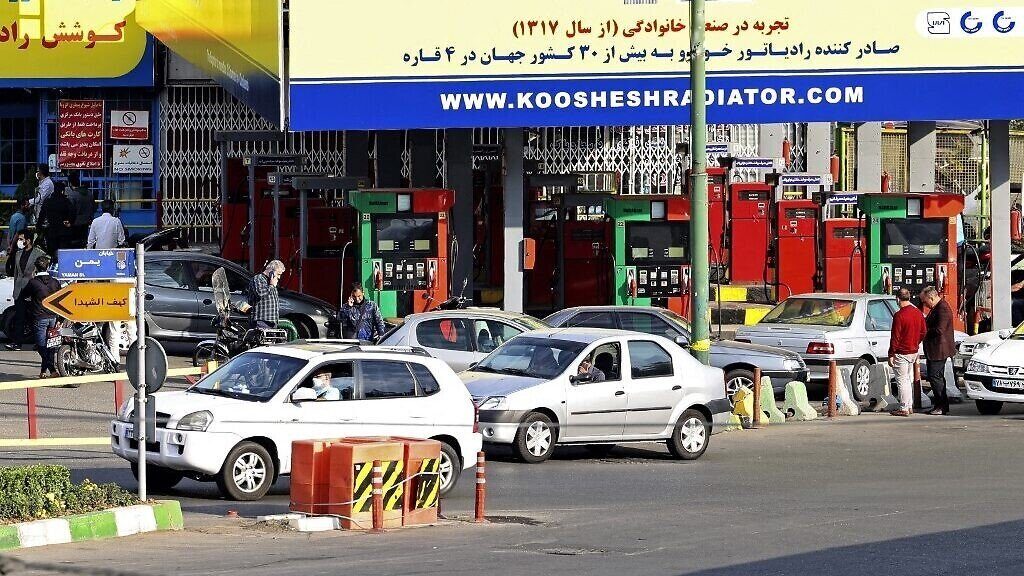
Gonjeshke Darande, also known as Predatory Sparrow, said it disabled "a majority of the gas pumps throughout Iran."
"This cyberattack comes in response to the aggression of the Islamic Republic and its proxies in the region. Khamenei, playing with fire has a price," it said.
Semi-official news outlet Tasnim reported on Monday that a "technical malfunction disrupted the fuel distribution system" at stations across the country.
Iranian Oil Minister Javad Owji told Iranian news outlet IRNA that his ministry was informed "that some stations suffered a cyberattack" and that "refueling operation has been stopped."
"Currently, 1,650 fuel stations nationwide are active manually without using a fuel card. In the next 2-3 hours, all stations in the country will be activated manually," he said, adding that there will be no price hikes and the country's gas reserves are adequate.
In a statement, Iran's National Broadcasting Company said the disruption was a "conspiracy of the enemies," which aimed to "overshadow the welfare and comfort of the people."
"The supply of petroleum products at the fuel supply stations will be offline until further notice. Experts and specialized working groups are solving the problem, and in a few hours, all stations will return to normal, and the refueling process will be normal. Citizens' fuel quota is stored in their fuel card and will be usable after the problem is solved," the statement added.
The same hacker group has claimed cyberattacks on Iran in the past, including one in June 2022, which targeted Iranian steel companies.
Comment: Israel's military has a cyberwarfare division which have been accused of a number of hacks and viral attacks on Iranian infrastructure over the years; just one example would be the Stuxnet worm:
Stuxnet is a malicious computer worm first uncovered in 2010 and thought to have been in development since at least 2005. Stuxnet targets supervisory control and data acquisition (SCADA) systems and is believed to be responsible for causing substantial damage to the nuclear program of Iran.[2]
Although neither country has openly admitted responsibility, multiple independent news organizations recognize Stuxnet to be a cyberweapon built jointly by the United States and Israel in a collaborative effort known as Operation Olympic Games.
The attack comes as the Axis of Resistance continues to confront Israel and US forces in the region in solidarity with the Palestinian resistance.
Yemen's Ansarallah has dealt a significant blow to Israeli shipping in the Red Sea due to continuous maritime operations against ships linked with or bound for Israel.
Lebanon's Hezbollah continues to carry out daily attacks against Israeli sites and bases near the Lebanese border, and Iran-linked Iraqi factions also continue to strike US military bases in both Iraq and Syria.



Comment: It's particularly notable that, back in June there was a cyberattack on a major energy company in Canada that led to the downing of its gas pumps. Furthermore, this comes amidst a surge in cyberattacks on private and public infrastructure (mostly) across the West: